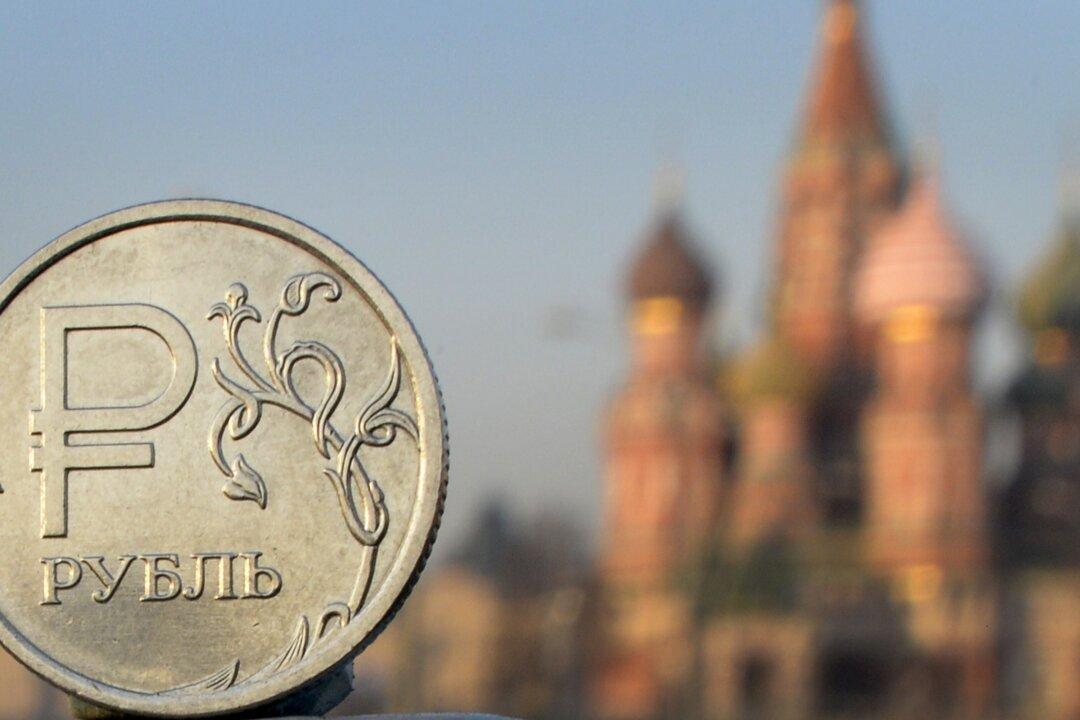The Russian government is claiming it fulfilled its obligations in foreign currency on two of its bonds on March 15, one day before they were due.
The Finance Ministry announced that an order had been made to payment agent Citigroup in London.

The Finance Ministry announced that an order had been made to payment agent Citigroup in London.